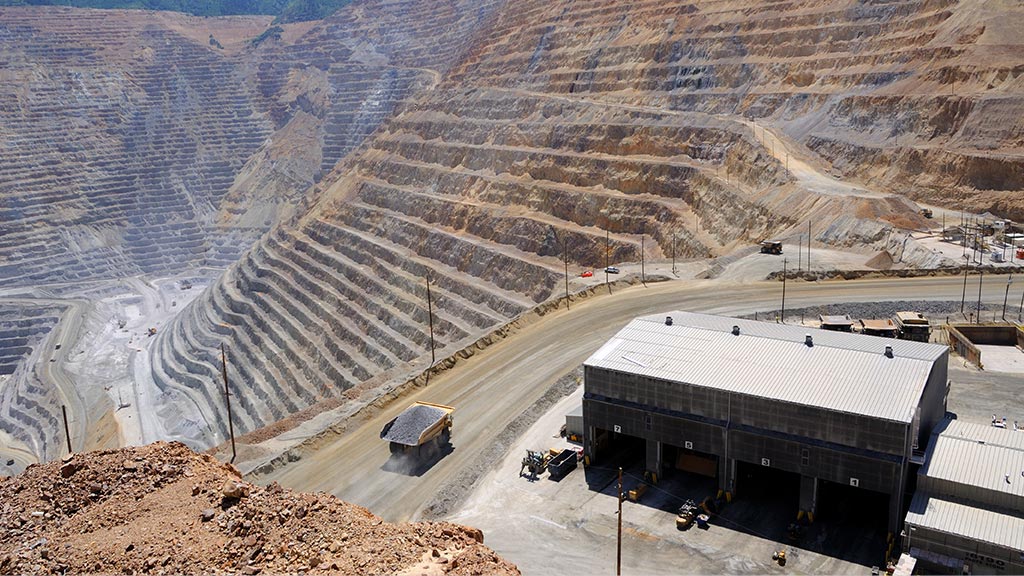In the last few decades, Australia has become a lifeline for China’s steel industry, contributing significantly to the country’s demand for iron ore, the key ingredient for steel production. This partnership has been a windfall for both nations. However, Australia’s role in China’s blueprint extends beyond supplying iron ore. With China’s evolution into a technological powerhouse, Australia has been a significant source of rare earths and other critical minerals, vital in the production of various advanced technologies.
In recent years, however, global tensions and supply chain disruptions caused by the Covid-19 pandemic have prompted Australia to explore alternatives. Canberra is now actively seeking ‘like-minded’ partners to decentralize the extraction and processing of these essential minerals, thereby challenging China’s dominance in this industry.
The recent meeting between Australian Prime Minister Anthony Albanese and US President Joe Biden has paved the way for a potential strategic partnership between the two nations. It is envisioned that this agreement will stimulate US investment in Australia’s mining sector, catering to the country’s defense needs. Following Canada, Australia could soon be recognised as a ‘domestic source’ under the US Defence Production Act, allowing direct US funding for mining projects in Australia.
Also Read: Stepping into the Virtual Vanity: The Inaugural Metaverse Beauty Week Revolutionizes the Beauty Industry
Australia’s diversification strategy also includes Japan and seems to coincide with improving relations between Australia and Beijing. However, whether these initiatives will hinder diplomatic relations or prompt China to extend its trade sanctions against Australia remains uncertain.
Dr John Coyne, a strategic intelligence expert from the Australian Strategic Policy Institute, expressed that Australia needs to dismantle China’s nearly monopolistic control over these critical minerals. However, he warned that such a move could exacerbate tensions with Beijing, which has exerted significant effort to secure dominance in the critical minerals industry.
While Coyne does not believe that Beijing’s retaliation would disrupt Australia’s current efforts to stabilize ties with China, he noted that China’s economic sanctions have raised doubts about its reliability as a trade partner. “We would never have reached this point if China hadn’t used trade to economically coerce countries,” he added.
Today, Australia is a leading producer of lithium and a significant supplier of metals used to make rare earths. Lithium is essential for rechargeable batteries, which power electric cars, phones, laptops, and other consumer electronics. Meanwhile, rare earths are used to produce electronic defence hardware and green energy products.
In light of this, Australia’s Resources Minister Madeleine King has stressed the need for Australia to find new allies in developing its critical minerals sector to break China’s stranglehold. She further underscored the importance of creating a more diversified supply chain to avoid any single country’s dominance.
This news is based on a report by The Star

















